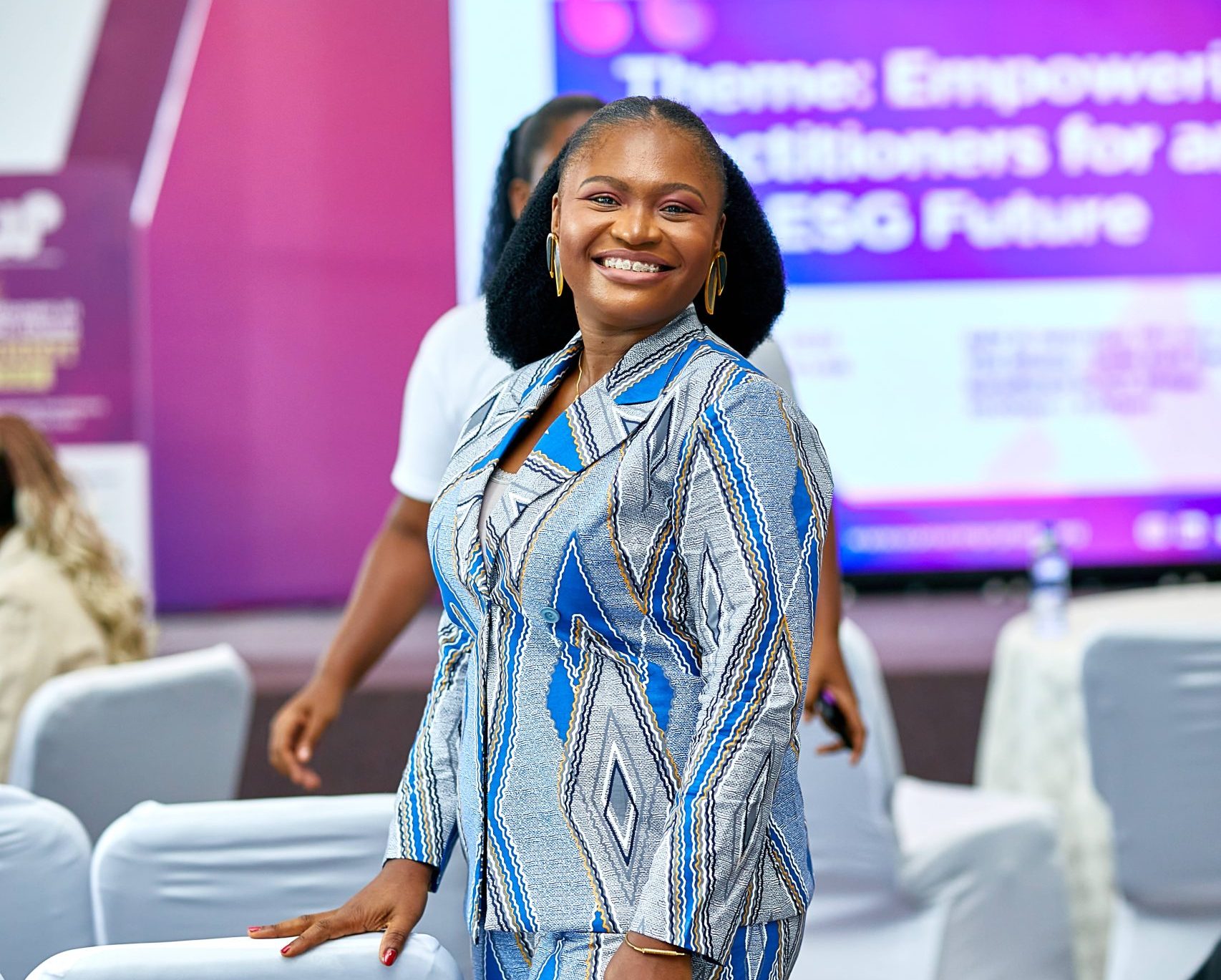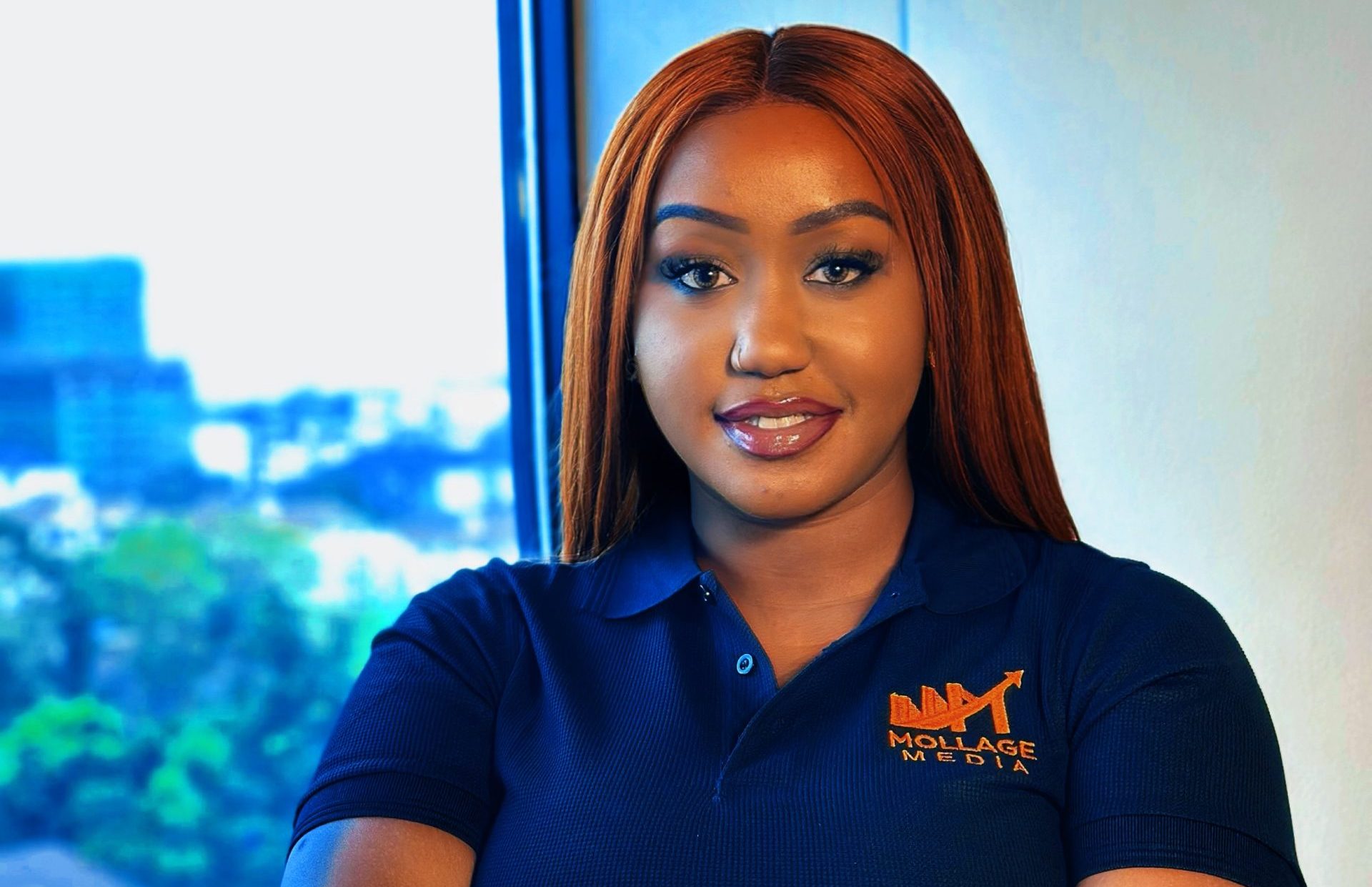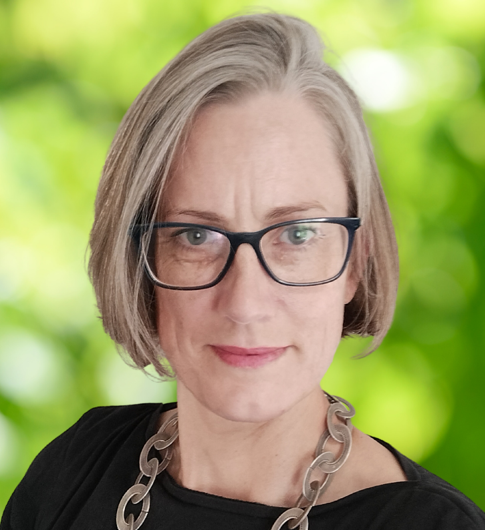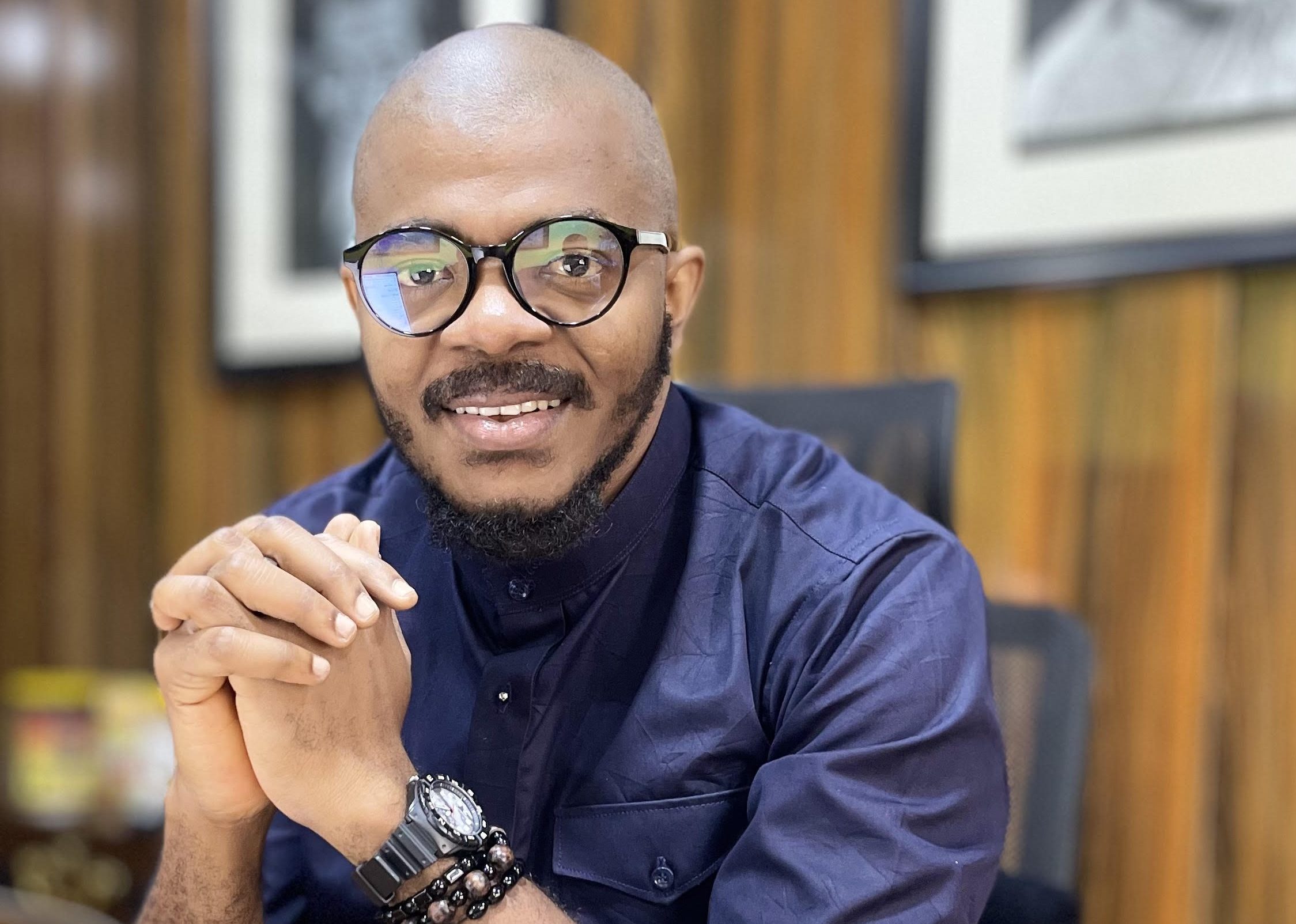From a young eager Journalism student to leading departments and corporations, our Comms Spotlight for this week has had a career full of leaps and bounds. Meet Joyce Sackitey-Ahiadorme, a passionate and purposeful PR and Communications professional and the President, Women in PR Ghana. In 12 years, she’s experienced multiple sides of the PR Communications industry in Ghana and one thing that stands out to us, is her love for learning. Despite her laudable achievements, Joyce stays curious and hungry for more. How has she done it?
How did you begin your career in Communications?
Growing up, I wanted to be a journalist because I admired the people who read the news. To me, that was the best part of journalism because I love to read, write, and engage in conversations. Even though I didn’t know much about the behind-the-scenes events in journalism, I thought that was a natural fit for me.
In senior high school, I would tell anyone who cared to listen that I was going to attend the Ghana Institute of Journalism (GIJ) and would become a journalist. About the first week or month on GIJ campus, I understood the details of PR and Communications and fell in love with that, leaving journalism to the early childhood
In fact, it was a lecturer who pointed out that my energetic personality was more suited to the PR profession and added also that it paid well and having come from a humble background, that was great bait. So I gave it a thought. Considering my love for adventure and rebellious side, I concluded that PR and Communications would be a much better fit for me to express myself authentically.
Initially, I wanted to change the course from Journalism to PR. However, I was later convinced that my degree in journalism would help me connect better with the media when I started to work- I must admit, it has been the case.
After my national service with an advertising agency, I got into a marketing role at the biggest business newspaper in Ghana then, the Business and Financial Times. And even though I hadn’t read marketing in school, I was chosen for the role because of my vivacious personality
After 6 months in the marketing role, I got promoted as the MD’s Personal Assistant. Looking back, this was pivotal in my career because I was exposed to high-level personalities and intellectual correspondence I wouldn’t have had access to otherwise.
It was from such correspondence that I learnt how to write effectively. Because the role included replying to correspondence, such as emails, letters and partnership proposals, I took time every day to study the structure of some of the best emails I received. Not just to pick the best for the business, but to study the thought processes behind the documents. I dare say that, I would study at least 5-10 proposals or documents each week just to enrich myself. I found that exercise fascinating and mind-stimulating.
After this role, I moved on to become a Corporate Communications Manager for Accra Brewery Limited, and that was my biggest break into the PR/ Comms profession. Being my first managerial role, the first three months were very horrible- I simply didn’t know what I was doing or was to do. My boss did tell me that what saved me from being fired was my deep passion for learning, energy, enthusiasm and sheer curiosity.
To get past those days, I approached my boss for her feedback on my performance, she gave me one of the most honest evaluations I ever got, adding areas of improvement. I took all the feedback and dedicated my efforts to daily improvements. Within 3 months, I was called a rockstar. This was how I learnt Internal and External Communications, topics I didn’t study in school, but had to learn on the job through reading tons of books and articles.
Mind you, in 2013, when social media and LinkedIn were not as full of valuable information as we have them today. Back then, you had to search for the information through newspaper articles, and search engines such as Google and Yahoo as well as websites.
Beyond the internet, I am that girl who would read newspapers from cover to cover. I invested in international magazines and would soak them up in my head for days. Reading these articles meant looking for new words and their meanings as well as context and syntax.
After three years in this role, I moved to Voltic, which was bought by Coca-Cola Beverages Africa. Sustainability has always been a key focus for the company, and that brought another dynamic to my role. Within three years, my role changed from executing simple tasks to becoming the lady who created and defended strategic plans and budgets, having had a seat on the management team. At this point, I needed to put my acts together, and so I did but not without the difficulties needed for any worthwhile journey.
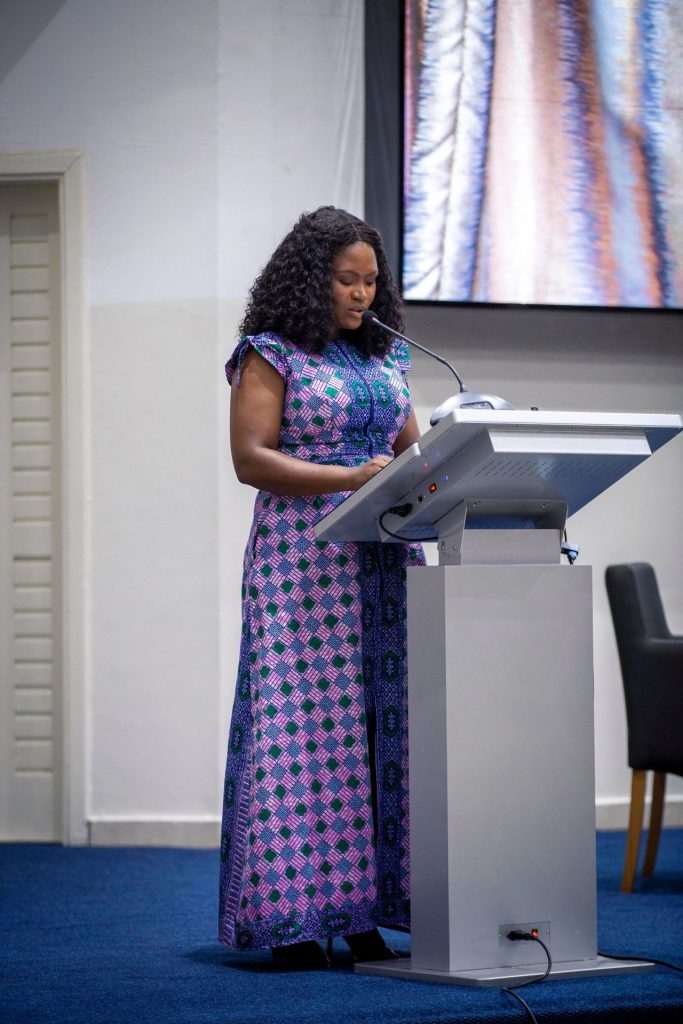
How has the Communications industry in Ghana changed over the years?
The PR industry as at the time I became Public Affairs, Communications and Sustainability Manager for Voltic was beginning to lean towards advocacy as consumers became more discerning and expecting more from brands.
My role then changed from executing tactics to understanding advocacy, policy implementation and its effects on profitability.
This meant working a lot more with government agencies and industry players to help shape policies. Especially policies on the taxation of plastic and sugar. Even though I had studied a little bit of policy formulation in school, it’s a different game when you’re on the job and you have to work it out.
My perception about how the PR industry has changed includes; a move from purely doing things to project your organisation, to creating strategies that protect your organisation and give it its social license to operate to now studying and anticipating trends and activities that may threaten the sustainability of the organisation. Public Relations has become more about advocacy, strategy, stakeholder engagement and storytelling. As we discussed at the Women in PR Ghana Summit, we are now moving into activism because consumers are again expecting brands to use their power to fight for a cause. A brand is expected to have a voice and this is why brands should tell their stories.
Some of my proudest moments in this evolution would be my time as Founding President of Ghana Recycling Initiative by Private Enterprises, which we call GRIPE. It was one of the initiatives established to align industries in the FMCG sector to engage the government on how best to manage our post-consumer waste. Through this initiative, we also engaged the consumers, with advertising messages, and behavioural and experiential activities.
This period was a defining moment in my career. I believe that it was one of the strategies that placed me in the limelight as one of the talents to watch in PR/ Communications in Ghana.
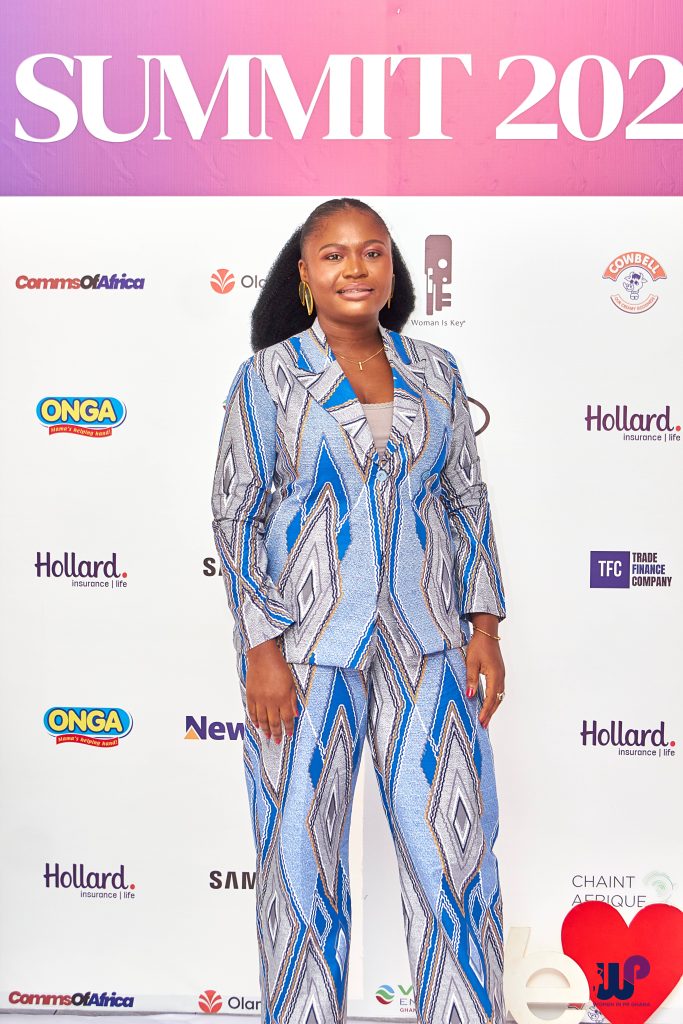
How have you been able to stay passionate about your career over the years?
I have stayed passionate about my career because I have stayed curious. I believe that I have always positioned myself to understand trends. So when there is something new, I don’t wait for it to become the norm before I take advantage of it. I read about what is happening so I can anticipate trends.
I also fully recommend reading! Reading opens your mind to a different world. It helps you to see things that you may not ordinarily see. But more importantly, it makes you very creative. You are invigorated to seek out new things.
I have also been very committed to mentoring. And I think that mentoring helps you understand how others think, which shapes your thinking as well. So mentoring for me is a give-and-take. It is something that you give, but you also learn from it. So I’ll say that reading, staying intellectually curious, and also giving back through mentorship have helped to keep me passionate.
Then, above all, I have been one of those people who have been blessed to have worked with wonderful companies, some of which were multinationals. When you’re with multinationals, the joy is that there’s a lot to learn. There are colleagues all over the world that you can learn from, and because you are within a community, you get to rub on others, and others equally rub off on you.
Working with multinationals also helped me to stay very passionate because I saw how they worked, studied trends, and looked at what the future would bring. They prepare you for the future so that you are not taken by surprise, and I think if you’re someone who loves continuous learning and personal development, you’re passionate about that, and that keeps you going, keeps you fresh, and keeps your mind invigorated.
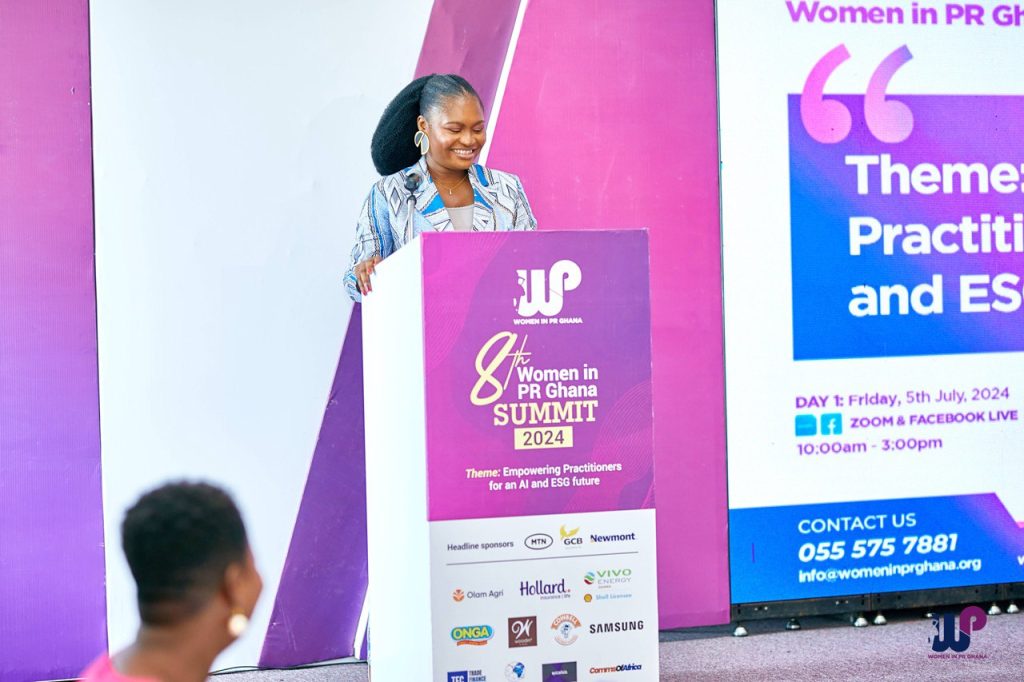
How have you been able to stay passionate about your career over the years?
Passion is me. When I love something, I put my entire being in it. However, in specific terms, my passion stems from my curiosity. I have always positioned myself to understand trends, which means, I anticipate novelties and read in readiness to take advantage of them for my growth.
This is why I fully recommend reading! Reading opens your mind to a different world. It helps you to see things that you may not ordinarily see. But more importantly, it makes you very creative, passionate and smart. You are invigorated to seek out new things when you read
I have also been very committed to mentoring. Mentoring in my opinion helps you understand how others think, which shapes your thinking as well. Mentoring for me is a give-and-take, a double-edged sword.
Then, above all, working with multinationals also helped me stay passionate because seeing how other colleagues worked, studied, and anticipated trends, prepares you for the future which comes with excitement and passion. And being someone who loves continuous learning and personal development, passion keeps you going, keeps you fresh, and your mind invigorated.
And once that passion is being applauded by your peers and seniors, you are encouraged to do more and do better.
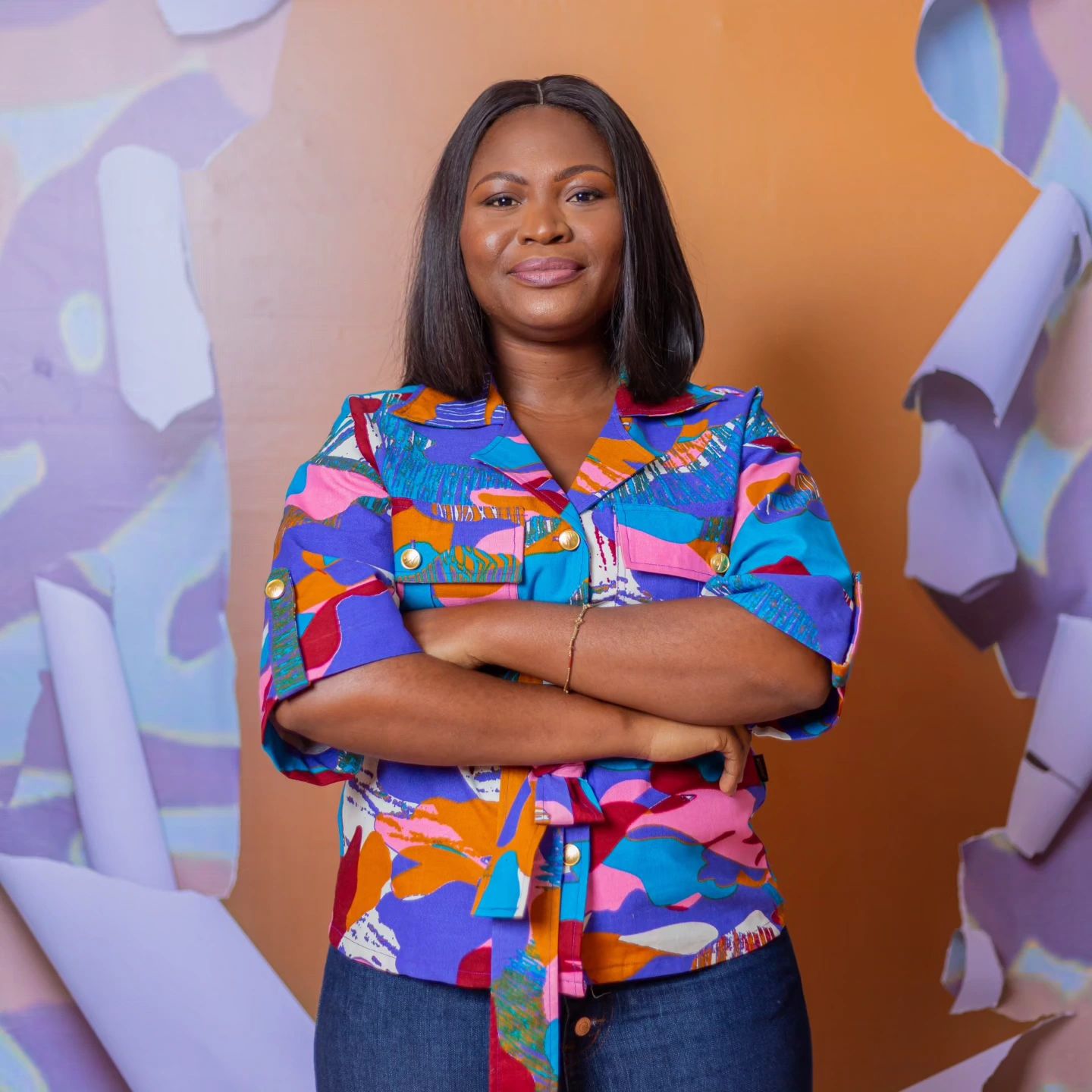
What value do you think professional events and associations offer Communications practitioners?
Professional associations and events, such as Women in PR, support networking. It supports networking in the sense that, if you look at PR in the Communications space, one of the key attributes or key values that we bring to bear on our profession is our ability to engage with stakeholders strategically.
Stakeholders include the media, industry players, the government, our peers, and even our colleagues and bosses. In such professional associations, you get to meet people in the industry who may just be casual acquaintances on all social media platforms.
Professional associations provide you with expert support in any area; especially in a crisis, or content and contacts for speaking engagements.
Aside from the above, I believe that it supports learning and the exchange of ideas. In such Associations, you also get to listen to wisdom from the people you admire.
I think it also bridges the gap between practitioners and students, and this is important because if you are going to look at the sustainability of our profession, then there is a need to groom the next generation. It bridges the gap by getting them closer to us, by helping them see the real challenges, advantages and opportunities in the profession.
Then, there is a subtle benefit, event management. By attending events organized by professional associations, you get to see how events are coordinated especially for new entrants or beginners to the profession.
There is also a chance to let your hair down, which is very critical. It is common knowledge that most of us in this profession keep running around taking care of our organisations, but such platforms/events help us to let our hair down and also get to enjoy ourselves a bit more.
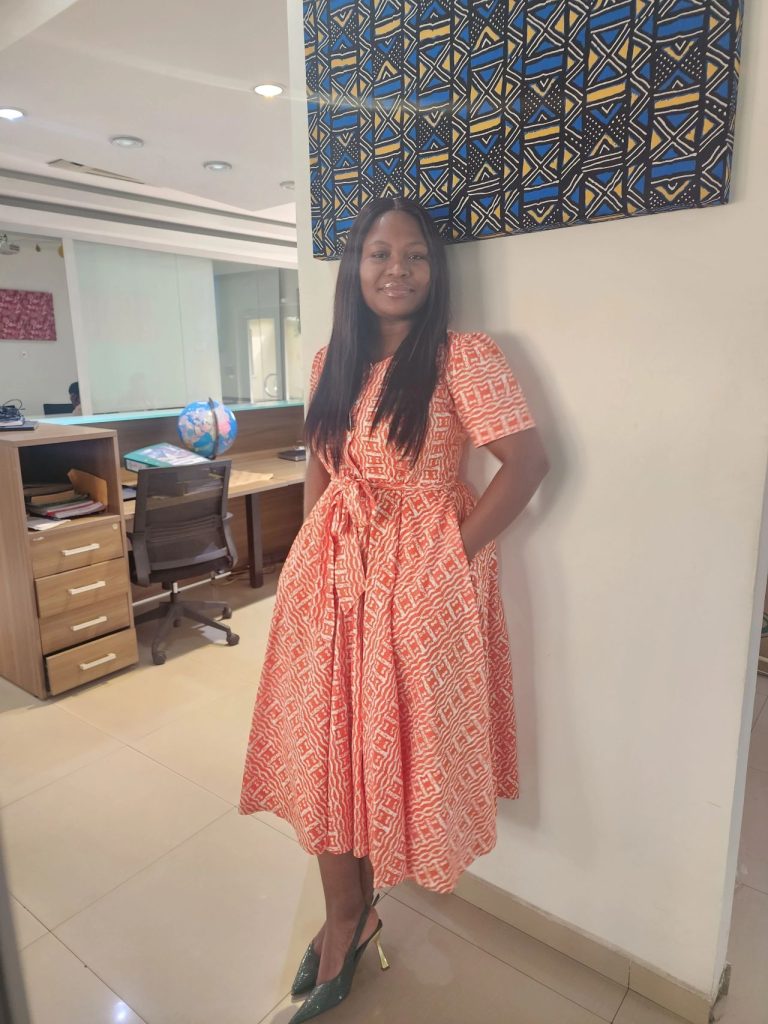 Tell us about a major challenge you’ve faced on your professional journey and how you were able to overcome it.
Tell us about a major challenge you’ve faced on your professional journey and how you were able to overcome it.
In 2016, we had a twin disaster. There was a storm that led to flooding that led to a fire outbreak. This led to a number of deaths attributed to the clogging of the drains caused by plastic waste.
Industries came under fire including Voltic, and since I was heading the Comms Department, I needed to respond strategically. As indicated earlier, that was how GRIPE was formed.
We needed to tell the consumers that they were part of the problem and their help was important in managing the plastic waste. We also needed the media to buy- in to engage our consumers and government.
We also needed to engage the government to avoid any punitive legislation. Now, this meant a lot of reading and understanding of strategic engagement with the government, consumers, and industry players.
It was not child’s play. A lot of analysis was done to understand the dynamics of each industry, what has been the effects of legislation in other countries, the best practices in such scenarios etc.
After almost a year of consistent engagement and document analysis, we were able to launch the initiative, and I’m proud to say that the initiative still exists even after my departure from that sector.
In fact, that initiative gave so much voice to the value of plastics that entrepreneurs saw it as a valuable space to do business. That birthed the beginning of the circular economy in plastics- turning post-consumer waste plastics into other viable products for export.
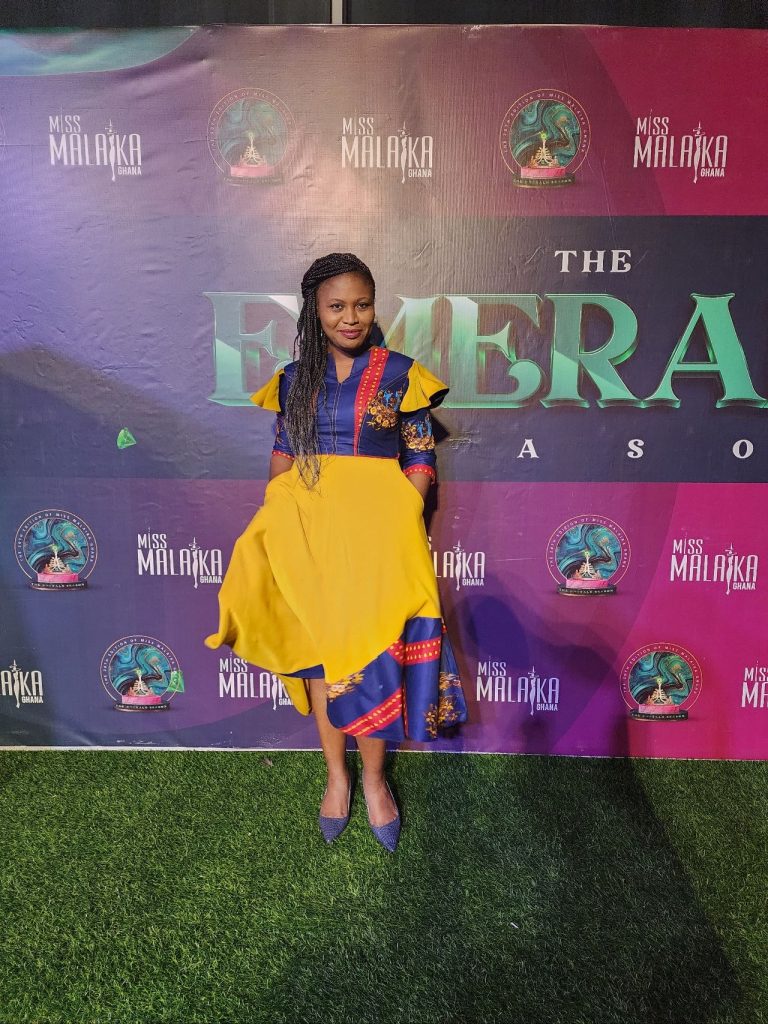
If your career were to be a book, what would it be named and why?
I would say, given the joy my work brings me and the passion with which I execute my roles, a book to describe my career would be titled “Joy! Passionate PR Woman.”.

